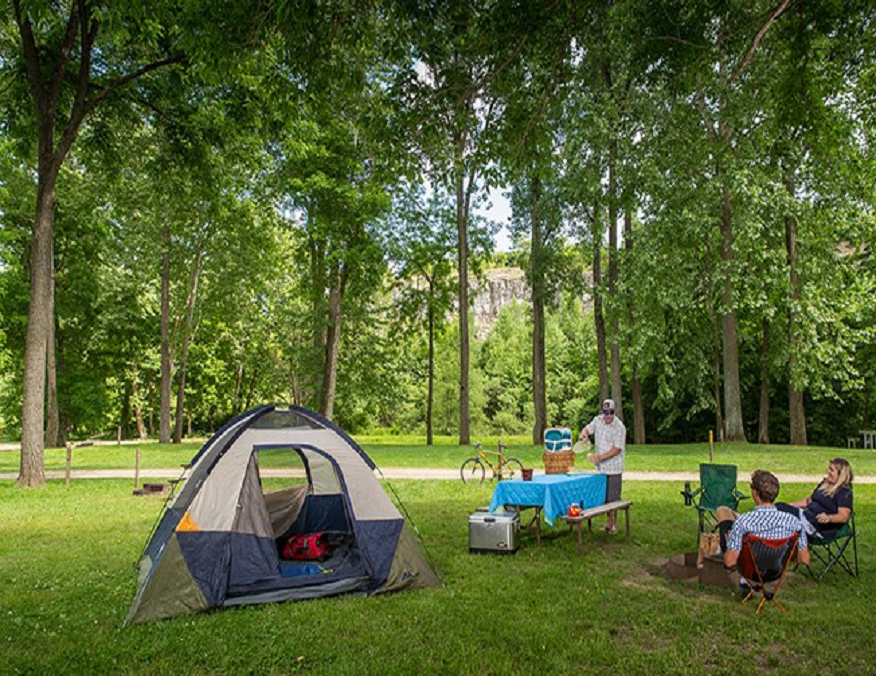Camping in the wilderness offers a thrilling and rejuvenating experience, allowing you to disconnect from the chaos of modern life and immerse yourself in nature. However, the wilderness can also pose certain risks and challenges that campers must be aware of and prepare for. Here, we will discuss five weak points that every camper should protect while camping in the wilderness to ensure a safe and enjoyable outdoor adventure.
1. Shelter:
One of the primary concerns while camping in the wilderness is ensuring proper shelter. Your tent or camping hammock should be sturdy, waterproof, and well-maintained. Inspect it before your trip to identify any potential weaknesses such as holes, broken zippers, or worn-out seams. Additionally, choose a suitable camping spot that is protected from wind, falling branches, or other natural hazards that could compromise your shelter’s integrity.
2. Food and Water:
Proper nutrition and hydration are vital for your well-being while camping. Weakness caused by hunger and dehydration can hamper your ability to navigate and make sound decisions. Always carry an adequate supply of clean drinking water and store it in reliable containers. Protect your food from wildlife by storing it in airtight containers or hanging it from a high branch out of reach. Dispose of food waste properly to avoid attracting animals and potential conflicts.
3. Fire Safety:
While a campfire provides warmth, light, and a cozy ambiance, it also carries risks in the wilderness. Protect yourself by adhering to fire safety guidelines. Clear the area around the fire pit from dry leaves and debris that could catch fire. Never leave a campfire unattended and always ensure it is completely extinguished before leaving the site or going to sleep. Keep a bucket of water or a fire extinguisher nearby to quickly control any unforeseen situations.
4. Navigation:
Getting lost in the wilderness is a genuine concern for campers. Before embarking on your camping trip, study maps of the area, familiarize yourself with landmarks, and carry a compass or GPS device. Ensure that you have a backup plan in case your primary navigation tools fail or get lost. Mark your campsite and key points of interest, such as water sources or trail junctions, to aid in finding your way back.
5. Personal Safety:
Your personal safety should always be a top priority when camping in the wilderness. Protect yourself by informing others about your trip itinerary, including expected return dates. Carry a first aid kit and know how to administer basic medical care for minor injuries. You can carry gun with 12 gauge ammo for personal security in wild. Be aware of potential risks such as venomous plants, dangerous wildlife, or extreme weather conditions, and take necessary precautions. Consider learning basic self-defense techniques and carrying appropriate safety gear, such as a whistle or bear spray, depending on the environment you’re camping in.
Conclusion:
Camping in the wilderness can be an exhilarating experience, but it’s crucial to identify and protect weak points that may jeopardize your safety. By ensuring a reliable shelter, maintaining adequate food and water supplies, practicing fire safety, mastering navigation skills, and prioritizing personal safety, you can minimize risks and fully enjoy your camping adventure. Remember, preparedness and responsible behavior are key to a successful and memorable wilderness camping experience.

